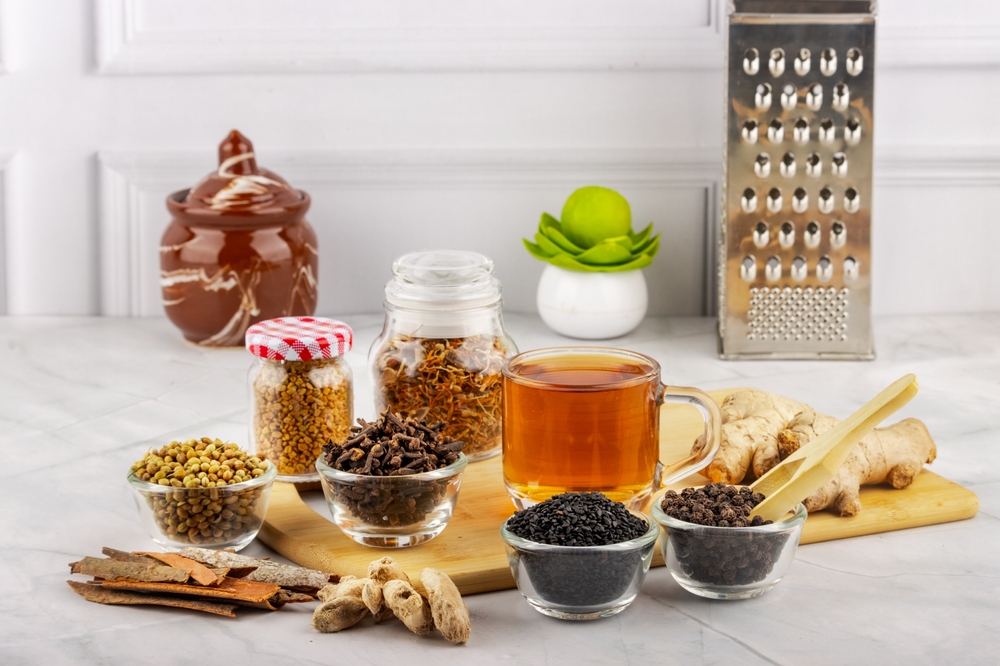The truth about natural treatments
For centuries, people have relied on natural remedies passed down through generations, trusting them as effective treatments for a wide range of ailments. However, modern science is challenging many of these beliefs, revealing that some of these remedies may not only be ineffective but could also be harmful. As research uncovers the science behind traditional home remedies, it’s essential to make informed decisions about the treatments we choose.
Debunking wart treatments
One of the most commonly used home remedies for warts is apple cider vinegar. Many people believe that applying vinegar to warts can cause them to disappear. However, scientific studies have shown that this method may do more harm than good. While it’s true that some warts may regress on their own—natural wart regression occurs in about 50% of cases within a year—apple cider vinegar has not been proven to speed up this process. In fact, the acidity of vinegar can cause chemical burns and worsen skin conditions.
Over-the-counter treatments, particularly salicylic acid, have been shown to be much more effective, with success rates ranging from 50-70%. In addition to being safer, these treatments have undergone rigorous testing and have proven their ability to help remove warts. For the safest results, professional treatments such as cryotherapy or laser therapy are recommended, as they are specifically designed for wart removal.
Acne myths and realities
When it comes to acne, many people turn to home remedies like applying toothpaste to breakouts. This remedy has been circulating for years, but scientific evidence debunks its effectiveness. In fact, toothpaste, which often contains alcohol, hydrogen peroxide, and other harsh chemicals, can irritate the skin and exacerbate acne, leading to additional breakouts. Using toothpaste as a topical acne treatment is a common myth that can ultimately harm the skin.
Instead, research supports the use of acne treatments that contain proven ingredients, such as benzoyl peroxide, salicylic acid, or retinoids. These products have been clinically shown to reduce acne by unclogging pores, reducing inflammation, and killing bacteria. It’s important to select treatments tailored to specific skin types and concerns to avoid worsening the condition.
Understanding burn care
For decades, the myth of using egg whites to treat burns has persisted, despite the fact that modern medicine advises against it. The idea behind this remedy is that egg whites contain proteins that help heal burns, but in reality, egg whites can actually introduce bacteria to an open wound, increasing the risk of infection. Furthermore, applying egg whites may not promote healing and can delay proper treatment.
The proper way to care for a burn is straightforward and science-backed. For minor burns, immediately cooling the area with running water for 15-20 minutes helps alleviate pain and prevent further skin damage. It’s essential to avoid applying any unverified substances, such as oils or pastes, which can interfere with healing. For more severe burns, it’s crucial to seek medical attention promptly to ensure proper treatment and minimize complications. In any case, using appropriate wound care products like burn creams or gels is recommended to reduce pain and promote faster recovery.
Nutrition during illness
Another common piece of advice—”feed a cold, starve a fever”—has been contradicted by recent research. While it’s easy to dismiss such sayings as harmless myths, the science behind nutrition and illness paints a clearer picture. When we’re sick, the body faces increased energy demands to fight off infection, repair tissue, and maintain overall function. Thus, proper nutrition remains crucial during any illness, whether it’s a cold, fever, or other infection.
It’s essential to maintain a balanced diet, even when symptoms like a lack of appetite occur. Hydration is also key, as it supports immune function and helps the body fight illness more effectively. In addition to adequate nutrition, certain vitamins and minerals—such as vitamin C, zinc, and vitamin D—have been shown to support immune health and reduce the severity of symptoms. Rather than following outdated rules about feeding or starving the body during illness, it’s best to prioritize a nutrient-rich diet to support recovery.
Sleep science facts
The age-old remedy of drinking warm milk before bed has long been considered a solution for sleeplessness. While the act of drinking milk before sleep may have a calming effect for some, scientific research has found little evidence to suggest that milk itself plays a significant role in improving sleep quality. Milk contains tryptophan, an amino acid thought to promote sleep, but the quantity in a typical serving is insufficient to induce noticeable effects.
Modern sleep science offers more effective solutions for achieving better rest. Consistent bedtime routines, optimal sleep environments, and managing evening light exposure have all been proven to improve sleep quality. Additionally, engaging in evidence-based relaxation techniques, such as mindfulness or breathing exercises, can help ease the body into a restful state, improving sleep patterns over time.
The role of modern science in home remedies
While many traditional remedies are rooted in generations of wisdom, modern science provides the tools and methods necessary to validate or debunk these practices. The rise of scientific research into the effectiveness of various home remedies reveals that not all treatments are created equal. Some remedies, while harmless, may lack the evidence to prove their efficacy, and others may even cause more harm than good.
As we continue to explore the intersection of tradition and science, it’s clear that we must approach home remedies with a critical eye. Rather than relying solely on folklore or unverified suggestions, it’s important to turn to scientific research and expert advice to guide our health decisions. When in doubt, always consult with healthcare professionals to ensure that the treatments you use are safe and effective.
Conclusion
In the age of information, the myths surrounding home remedies are being increasingly scrutinized. While many of these treatments have been passed down through generations, science is revealing the truth behind their effectiveness. From wart removal to acne treatments and burn care, modern research offers safer, more effective solutions that can help prevent harm and promote better health. As we continue to challenge long-held beliefs, it’s crucial to make informed decisions about the remedies we trust, ensuring that we prioritize both safety and efficacy in our approach to healthcare.
















